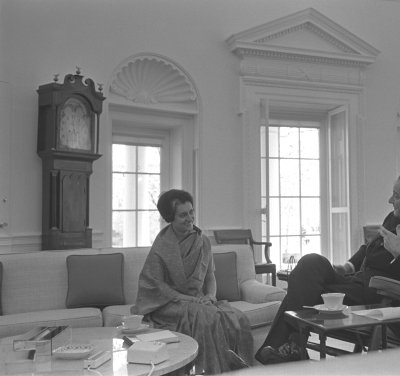Topic: Paul Cezanne
Paul Cézanne (French pronunciation: ; 19 January 1839 – 22 October 1906) was a French artist and Post-Impressionist painter whose work laid the foundations of the transition from the 19th century conception of artistic endeavor to a new and radically different world of art in the 20th century. Cézanne can be said to form the bridge between late 19th century Impressionism and the early 20th century's new line of artistic enquiry, Cubism. The line attributed to both Matisse and Picasso that Cézanne "is the father of us all" cannot be easily dismissed.
Cézanne's work demonstrates a mastery of design, colour, tone, composition and draftsmanship. His often repetitive, sensitive and exploratory brushstrokes are highly characteristic and clearly recognizable. He used planes of colour and small brushstrokes that build up to form complex fields, at once both a direct expression of the sensations of the observing eye and an abstraction from observed nature. The paintings convey Cézanne's intense study of his subjects, a searching gaze and a dogged struggle to deal with the complexity of human visual perception.
The Cézannes came from the small town of Cesana now in West Piedmont, and it has been assumed that their name came from Italian origin. Paul Cézanne was born on 19 January 1839 in Aix-en-Provence, in Provence in the south of France. On 22 February, Paul was baptized in the parish church, with his grandmother and uncle Louis as godparents. His father, Louis-Auguste Cézanne (28 July 1798 – 23 October 1886), was the cofounder of a banking firm that prospered throughout the artist's life, affording him financial security that was unavailable to most of his contemporaries and eventually resulting in a large inheritance.
It uses material from the Wikipedia article "Paul Cezanne."







